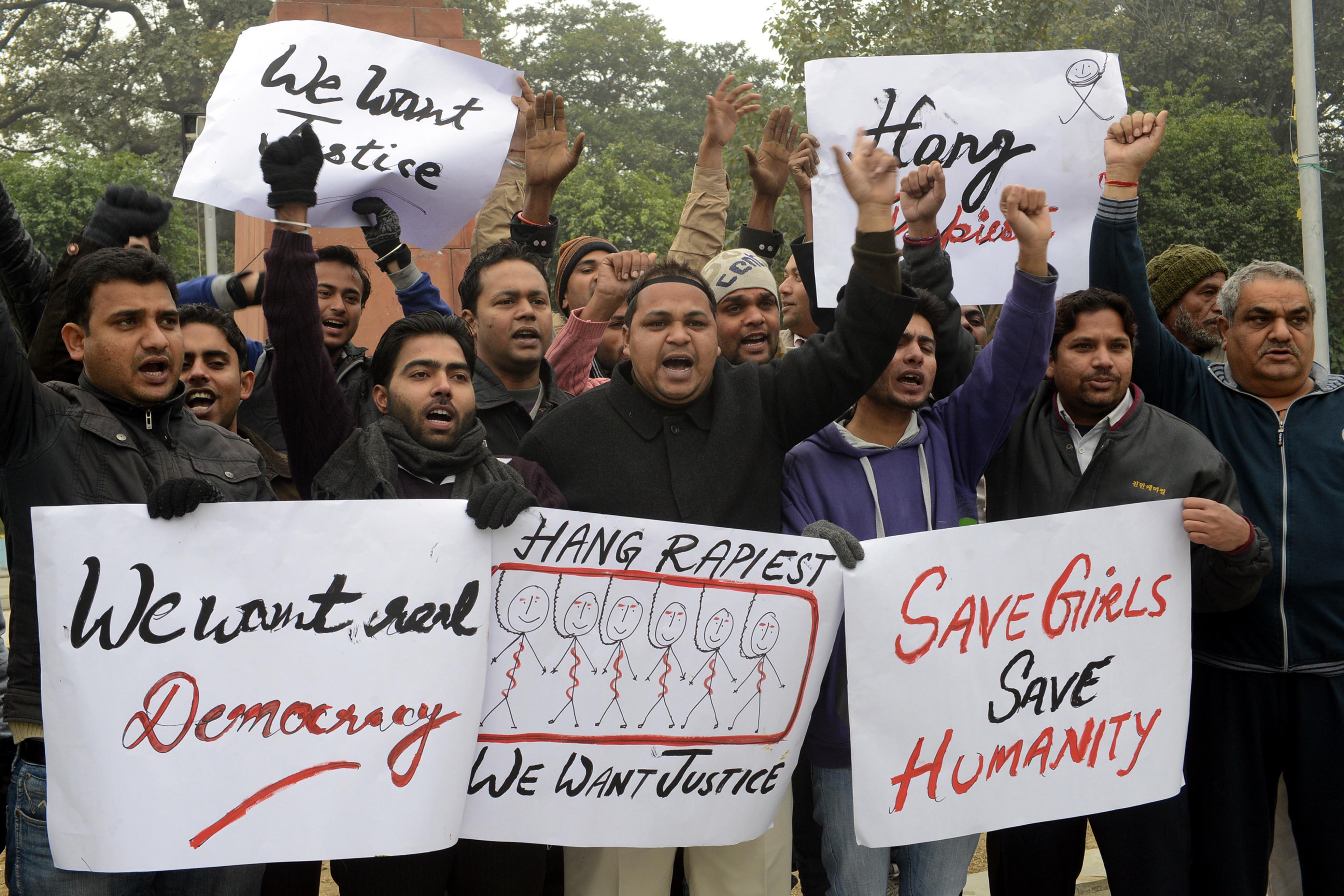Nico Lang at Thought Catalog penned a thoughtful piece about what it’s like to write about so-called “women’s issues”—from dating to sexual violence—while not actually being a woman. Lang has a gender-neutral name. He’s discovered that the taboo against men writing about these topics runs so deep that readers, particularly detractors, just assume he is a woman. (Refreshingly, he doesn’t want a cookie for having to endure the same abuse that women get online because of this mix-up.) He suggests this is due to the unspoken rule that men can’t admit they care about “women’s” stuff, too:
Trust me, ladies: guys do it, too. They just don’t talk about it because it’s “not masculine.” They get nervous when you don’t call. They want to know what your text messages mean. When they meet you for the first time and they find themselves liking you, a moment flashes in their mind where they picture themselves married to you. Guys dream about their wedding days, and they want children and a home to ground them. Because it’s America, we like to pretend that every guy is Jim Belushi and every girl is the nag who has to trick him into staying married to them with a three-course meal, fuck-me pumps and fifteen minutes of strictly missionary.
Read the whole thing because it’s hard to do justice to how artfully he describes how the terror of emasculation—of being considered like a woman, the worst possible thing you can be—corrals and silences men.
Obviously, I agree with Lang about this, but I want to add one caveat: The taboo he describes only applies to men who talk about “women’s issues” from a pro-woman perspective. For men who want to attack and undermine women, admitting that you think about such topics is suddenly no longer an embarrassment. If you want to write books telling women to be more submissive or encouraging men to think of women as gatekeepers that need to be tricked into sex, you might as well be printing your own money. If you want to scold women for having abortions, using birth control, or delaying marriage, you might have a shot at becoming a wealthy cable news host. If controlling women’s bodies is a singular obsession for you, it might land you a regular column in the New York Times. When it comes to what rights women should not get to have, you can even shut women out of the conversation. The gender lopsidedness of this—where most male voices on women’s issues are reactionary, hateful, and sexist—ends up creating the erroneous impression that men and women are at loggerheads on all these topics. The reality, as Lang notes, is much more complex. Plenty of men have more nuanced, feminist points of view, but those men tend to bow out of the conversation.
Not that it’s all bad out there. For instance, high-profile men are beginning to take knocks for policing women’s sexuality or denying the realities of violence against women. You’re also beginning to hear men’s voices on topics that used to be completely female-dominated, like ending domestic abuse. But the taboo that Lang describes still stands. In their writing, men may feel pressure to portray themselves as louts who barely tolerate women as the price to pay for sex. And other men, who feel differently, stay silent.
